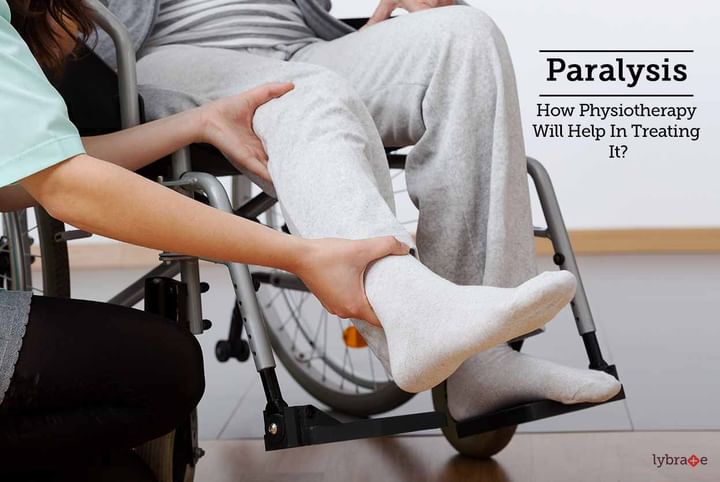Paralysis - How Physiotherapy Will Help In Treating It?
Paralysis is characterized by loss of movement, muscle function, and sensation. The patient is unable to function normally in the aftermath of a paralysis attack. The disorder affects people in different ways. It is either partial or complete. It afflicts one or both sides of the body. It arises in one or several areas and can either be short-term (post a stroke) or long-term (due to spinal cord damage). There are different types of paralysis such as Monoplegia, Hemiplegia, Paraplegia, and Quadriplegia. Some symptoms that are associated with paralysis include loss of memory, loss of hearing, clumsiness, drooling, and changes in behavioural patterns.
Why Physiotherapy for Paralysis?
- Physiotherapy is recommended for people affected by paralysis for many reasons. Physiotherapy helps relax the muscles and boosts the flow of blood within the body. Patients are advised to use braces, splints, orthosis, and canes by physiotherapists to facilitate movement in their condition. Wheelchairs are also advised so that the patient can move about a little if they have lost sensation in the lower limbs.
- In case of brain injuries, the practice can reduce the swelling and promote healing.
- Paralytics are also given counselling sessions for boosting their morale. They are encouraged, educated by their practitioners and can go a long way in improving their condition.
- Physiotherapy exercises are also useful for restoring lost strength in the afflicted muscles, which, in turn, prevents deformity in the limbs. Physiotherapy exercises can restore sensation and subsequently the movement in the affected area.
- The health problems of the patients are also addressed during physiotherapy. Also, the underlying causes of the disorder are treated, and this helps in restoring mobility for the patient.
- Physiotherapy treatment helps the patient to adjust to daily life after suffering a stroke. The efforts are directed towards making them independent. As part of the treatment program, the patients are advised about various aspects, including exercises, surgical procedures, medicines and other self-care methods. Physiotherapy produces results over time and is not an immediate solution to the problem.
Paralysis – What type of diet should you go for?
- Physiotherapists advise the patients suffering from paralysis to eat a nutritious diet. Intake of B-complex vitamins is very important, such as vitamin-B12 and niacin, the patients can improve the functioning of their nervous system.
- Essential fats are also recommended due to their anti-inflammatory properties and ability to restore the health of the nervous system. Some food sources of these nutrients include walnuts, flax seeds, beans, bananas, pumpkin seed oil, potatoes, and lentils.
- It is important to note that physiotherapy practices can help people with paralysis in several ways. Most importantly, the victims receive encouragement and counseling from the physiotherapists who guide them towards a treatment option that can help restore normalcy in their lives.
In case you have a concern or query you can always consult an expert & get answers to your questions!



+1.svg)
